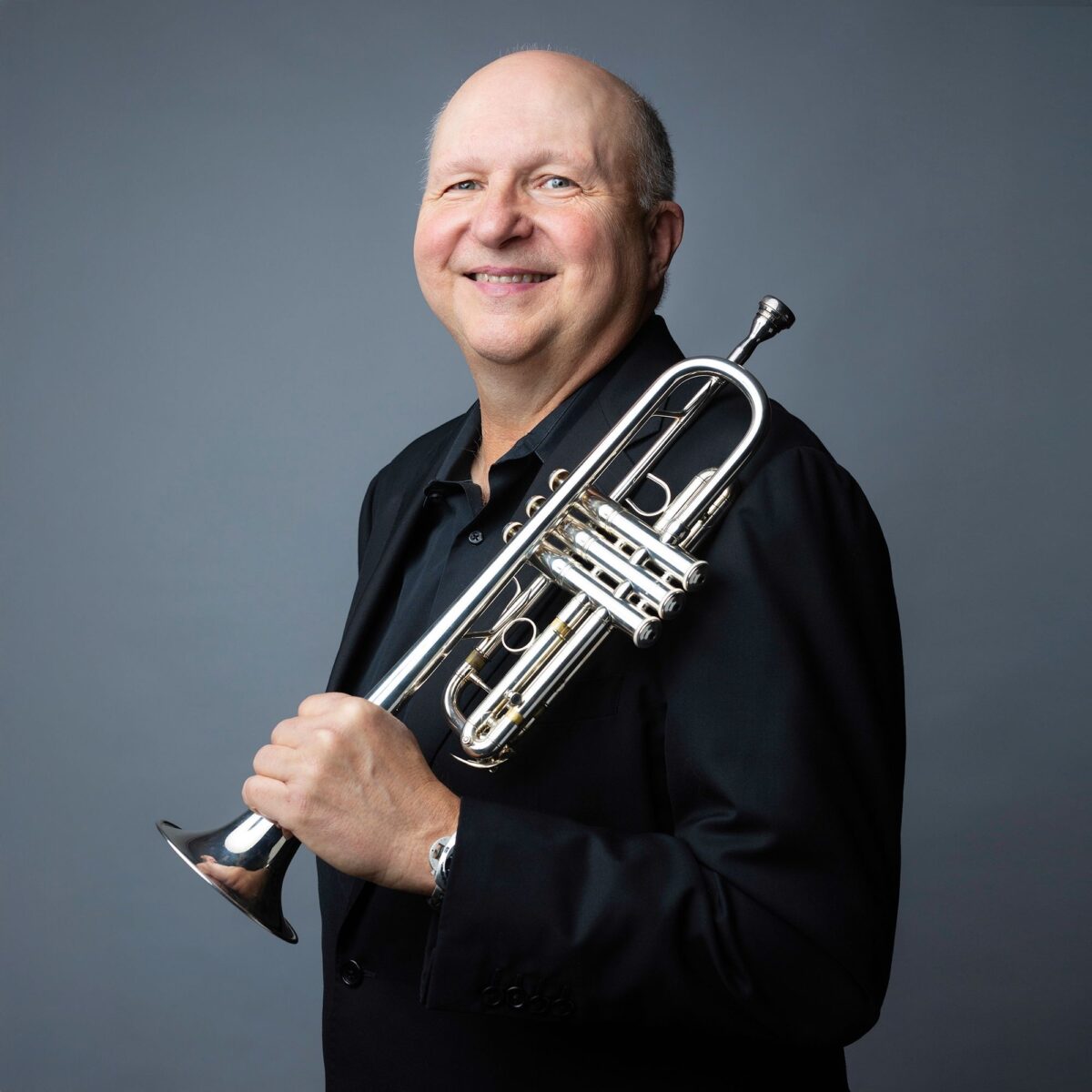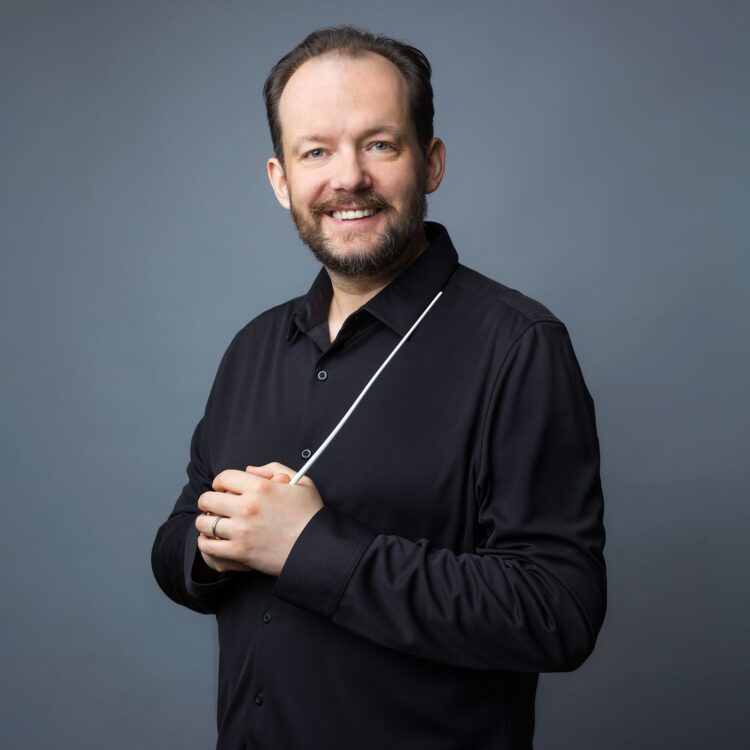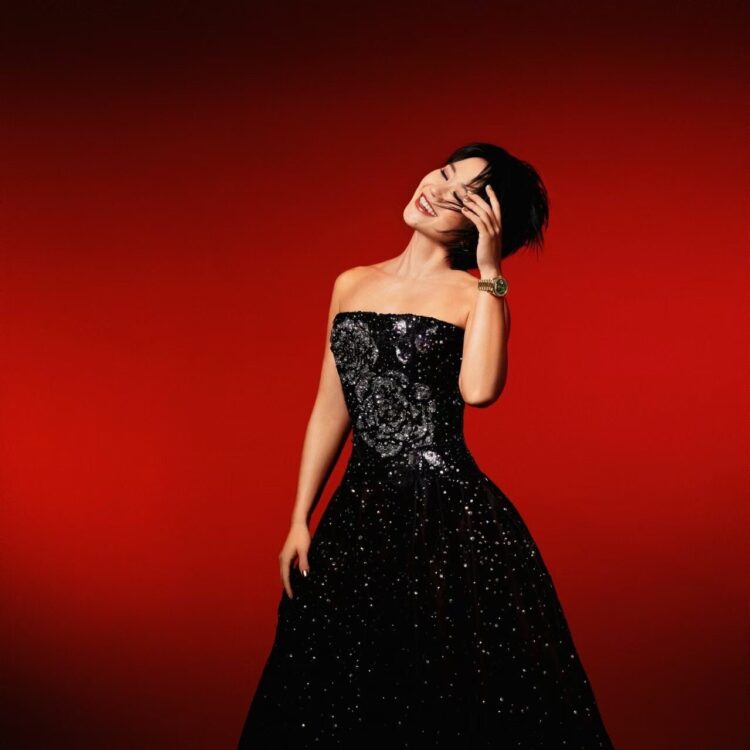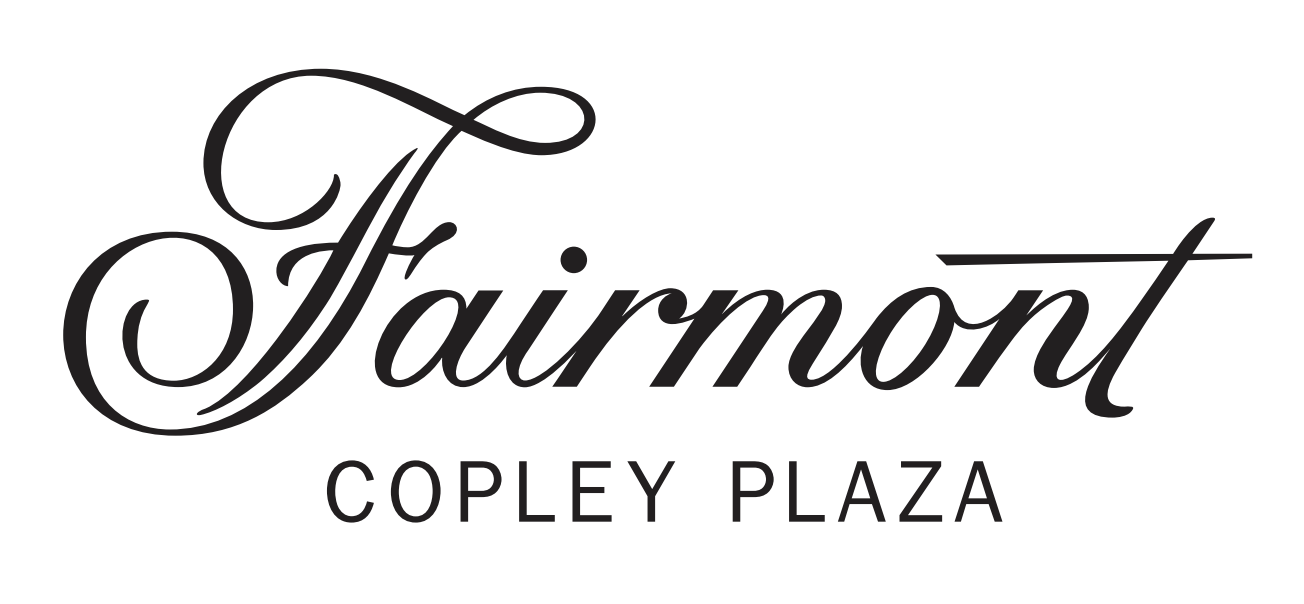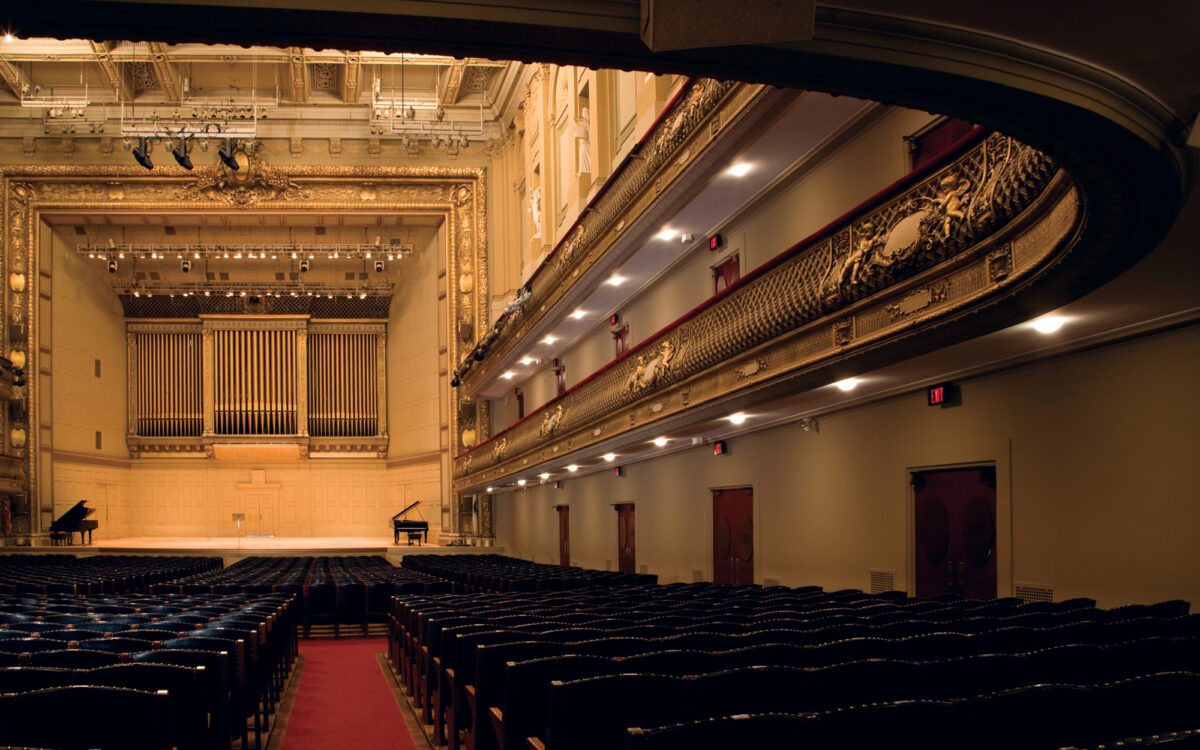Andris Nelsons conducts Adolphe, Haydn, and Shostakovich with Thomas Rolfs, trumpet and Yuja Wang, piano
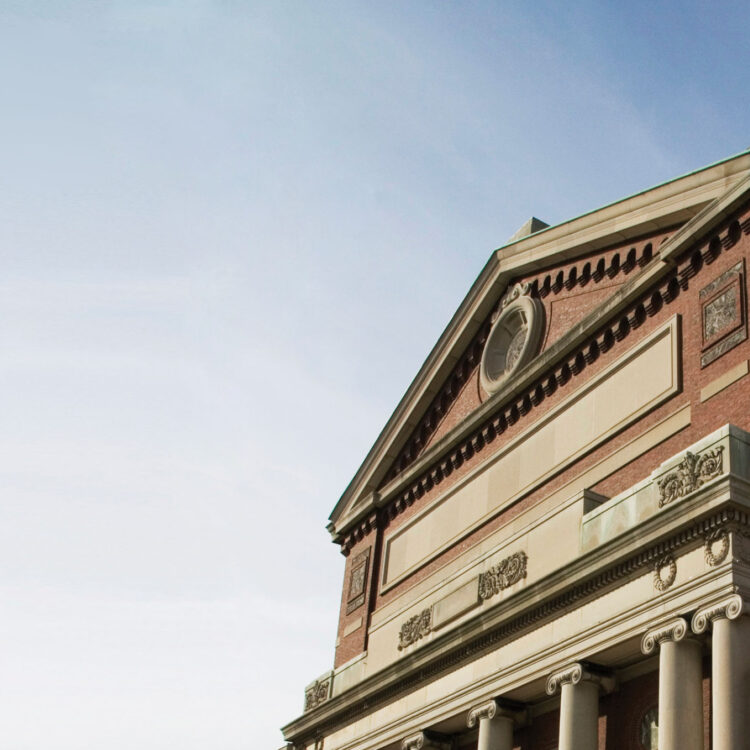
Boston Symphony Orchestra
Symphony Hall, Boston, MA
Dynamic Chinese pianist Yuja Wang plays not one but both of Dmitri Shostakovich’s piano concertos, written 24 years apart, part of the BSO and Andris Nelsons’ multi-season exploration of the composer’s major works with orchestra. The concert closes with Joseph Haydn’s Symphony No. 100, whose nickname comes from the surprising appearance of percussion in the slow movement. The American composer Julia Adolphe, who has earned praised for the sonic and narrative inventiveness of her music, says of her new work, “Makeshift Castle captures contrasting states of permanence and ephemerality, of perseverance and disintegration, of determination and surrender.”
Performance Details
Sep 29, 2022, 7:30pm EDT
Program Notes & Works
Makeshift Castle
Julia Adolphe’s questing, mercurial Makeshift Castle, co-commissioned by the BSO and the Gewandhausorchester Leipzig, juxtaposes “the fragility of life and the resilience of the human spirit.”
Piano Concerto No. 1
Shostakovich wrote the witty and brilliant Piano Concerto No. 1 in 1933 for his own use, leaving plenty of room for sparkling virtuosity. The pianist is partnered with a solo trumpet, a remnant of Shostakovich’s original plan to write a trumpet concerto.
Piano Concerto No. 2
Shostakovich wrote his Piano Concerto No. 2 in 1957 for his 19-year-old son, Maxim. The composer’s distinctive musical personality is present in the charmingly hectic outer movements and the shadowed lyricism of the central Andante.
Symphony No. 100, Military
Joseph Haydn’s Symphony No. 100, Military, was written for the second of two extended trips the composer took in the 1790s to London, where he was received as a superstar. The symphony’s percussion- and brass-heavy depiction of battle arises out of a blithely simple tune in the second movement.


